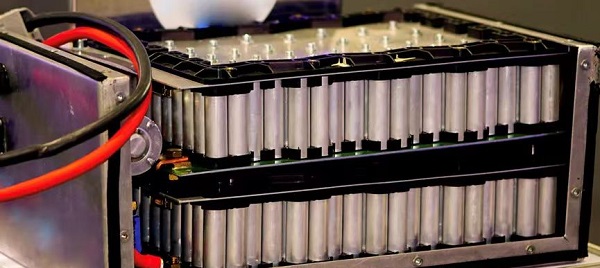German companies have announced new solid-state batteries, which they claim will not decay for decades
Both electronics and electric vehicles struggle with battery life and battery decay.
Under normal circumstances, the performance of the battery may drop to 80% after 3,000 cycles, at which point the battery needs to be replaced.

Lithium power battery for Ev
Tranditional solutions
Therefore, the world’s major battery manufacturers are studying better batteries or recharging technology.
On the one hand, it improves the energy density of the battery and improves the endurance of the unit volume unchanged.
On the other hand, it is to increase the diversity of recharging methods or increase the recharging speed.
“A huge breakthrough”
Recently, a German high-performance battery technology company (HPB) announced that it has developed a new mass-produced solid-state battery that successfully stops the aging process of traditional lithium-ion batteries by adding new hybrid components to the battery.
The reason why lithium-ion batteries decay and deteriorate after a long time is because the internal resistance of the battery increases as the number and time of use increase.
The company claims that no matter how often the battery is used, the internal resistance remains essentially unchanged throughout its service life, and its performance will not degrade after decades.
According to the company’s sample tests, there was no degradation in performance after 12,500 charge cycles (charging and discharging every hour).
Too good to be true
According to a press release issued by HPB on October 18, its solid-state batteries have been tested by third-party institutions and have the following advantages and will begin mass production in 2024.
- First, long life.
Up to more than 100,000 cycles can be used without performance degradation and no significant capacity loss for thirty years. - Second, high energy and high efficiency.
The energy density of the battery is more than twice that of traditional lithium-ion batteries, with stronger endurance and fast charging and discharging speed, claiming to be able to charge up to 80% in 3 minutes; - Third, safe and reliable.
The battery is less sensitive to temperature than conventional batteries and is not flammable even at extreme temperatures - Fourth, environmental protection.
The battery can be manufactured using renewable materials and can be fully recycled, eliminating the need for the metal cobalt.
Of course, the final authenticity of this product remains to be verified by time, and companies in various countries are sparing no effort in the research of solid-state batteries.
Current status
At present, the mainstream solid-state battery scheme mainly uses oxide (conductivity of about 10-6-10-3S/cm) as the electrolyte, but the material can only be added to the electrolyte to make a semi-solid battery with the current technology, because its own hardness and high porosity easily lead to poor ion transport channels.
However, this method will reduce the energy density of the battery, as early as January 2021 NIO had released semi-solid batteries, but has not yet been mass-produced and equiped.



